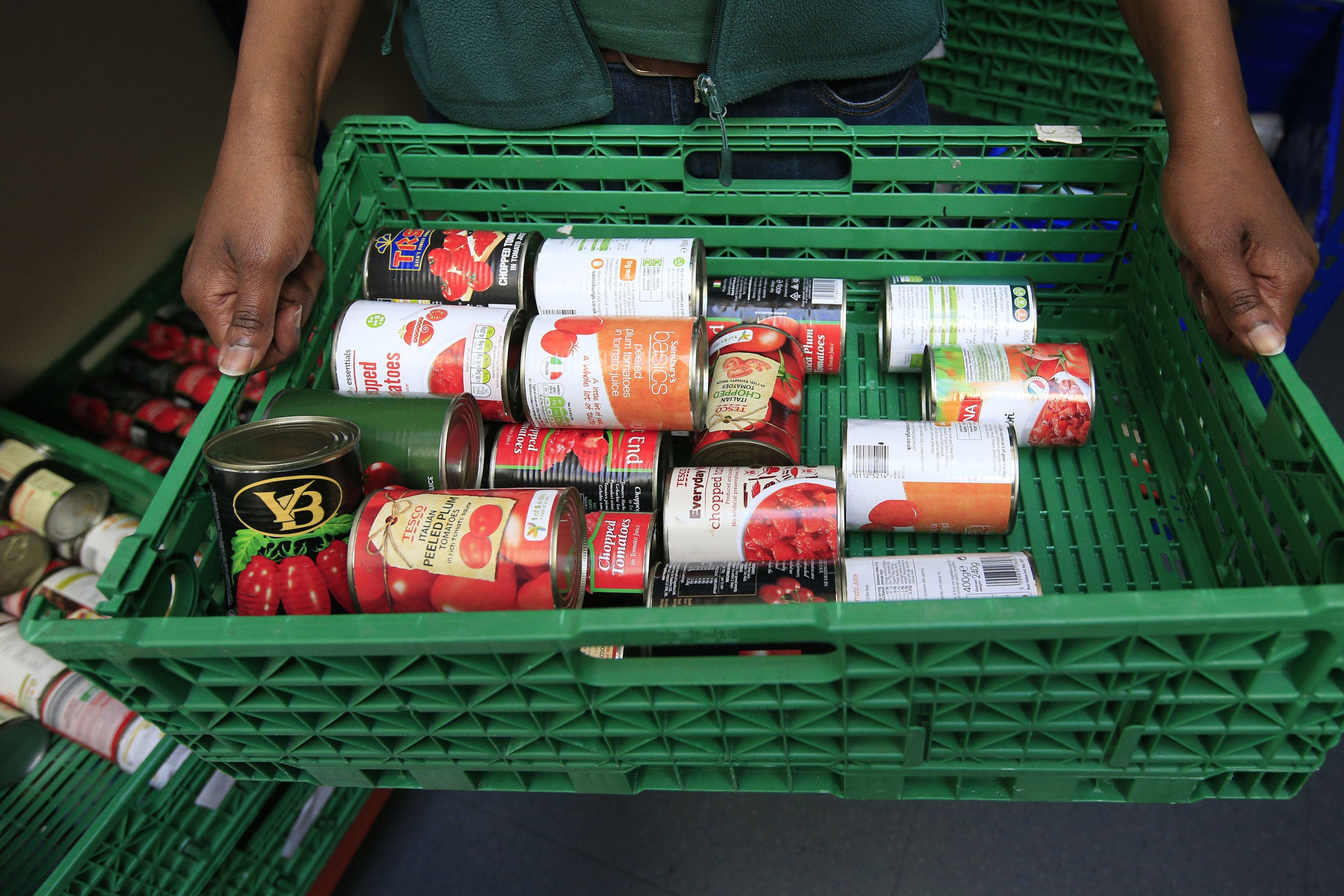Brighton food banks fear closure amid soaring costs and demand, report finds
Almost half of the city’s emergency food providers report not having enough money for the year ahead, a survey reveals.

Emergency food providers in Brighton and Hove fear being forced to close in the next six months due to soaring demand amid the cost-of-living crisis, a report has revealed.
Food banks and relief organisations around the city are spending £15,800 a week to stock up on supplies – an increase of 59% from 2022.
An annual survey of Brighton and Hove’s Emergency Food Network (EFN) found that nearly half of the city’s emergency providers were warning they have insufficient funds for next year.
The report by non-profit organisation Brighton and Hove Food Partnership (BHFP) said: “This level of expenditure is unsustainable and some food banks are already having to pause new referrals or reduce the amount of food they can offer.
Food poverty in Brighton is becoming the new normal and that is simply unacceptable
“Almost half the city’s emergency food providers report not having enough money for the year ahead.
“Food projects have asked BHFP to campaign for more support from local and national government. Importantly, they would like to see an end to food insecurity becoming the new normal.”
Findings from the report show 6,441 people in the East Sussex city rely on emergency food services every week, a rise of 25% from 2022.
Nearly a third of recipients are children.
Students and people in work are newer groups asking for help amid the cost-of-living crisis, the survey found.
Vanessa O’Shea, BHFP’s community food team manager, said: “Food poverty in Brighton is becoming the new normal and that is simply unacceptable.
“The level of expenditure EFN members are enduring is unsustainable. National and local governments, employers and educational bodies all need to wake up, face their responsibilities and take action now.”
The BHFP established the network in 2013 when just six food banks existed in the area.
By July this year, there were 51 members of the EFN, made up of food banks, community meal providers, affordable food projects and others.
Of 46 services that responded to the survey this year, 26 said food and donation levels had dropped, and 24 said stock levels were “significantly down”.
The survey found that 23 suppliers were using financial reserves.
Cooking oil, meat, fresh fruit and vegetables and eggs were ingredients in high demand, the findings showed.
A Food SOS Harvest Festival campaign has been set up urging schools and businesses to co-ordinate donations to food providers through the winter period.
Bookmark popover
Removed from bookmarks